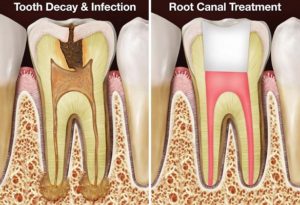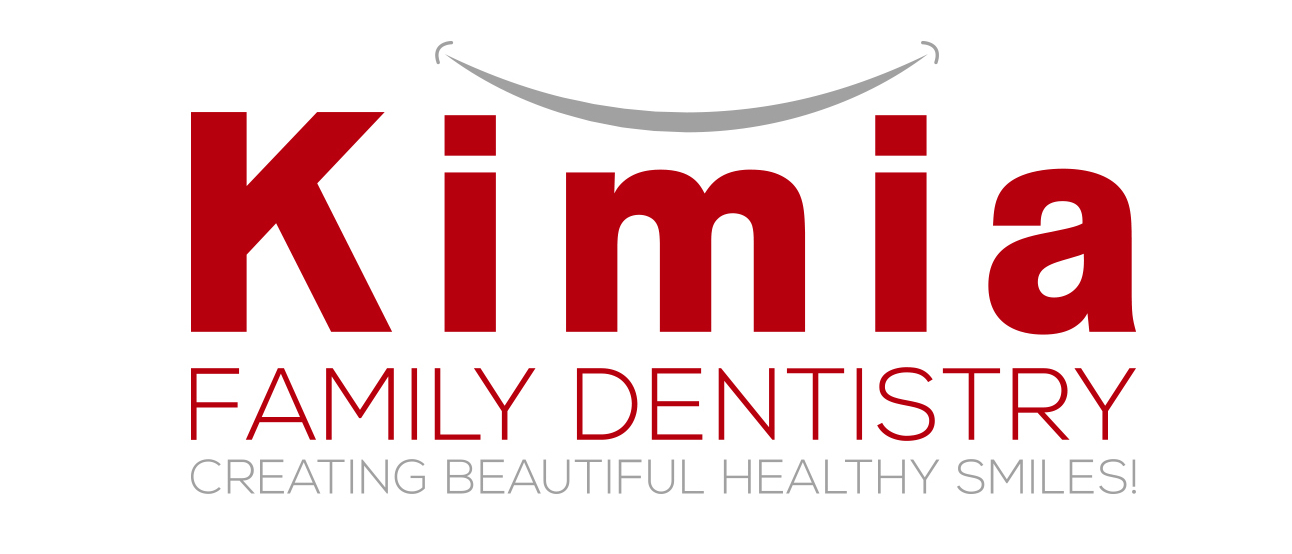Unfortunately, once a tooth has been exposed to significant decay or infection, it can damage the nerve which can result in an abscess beneath the root. By the time nerve damage has occurred, you likely will be experiencing a lot of root canal pain and should probably make an appointment to see a root canal dentist near you.
When you have a decayed or infected tooth, of course the ultimate goal is to salvage it. Keeping the tooth in place has many benefits including allowing you to keep the functionality of the tooth, not requiring a tooth implant and keeping the alignment of your teeth in tact. One way to salvage a tooth that has nerve damage is to have a root canal.

Root canals in Granada Hills involve making an opening on the top of the tooth and removing the root canal infection in the pulp all the way down through the root. Then the opening is sealed with a filling. If you are also having a crown put on, you will then have a post inserted that will support the crown. The crown is then placed on the post either the same day or at a future appointment. As a side note, before the root canal is started, your gums will be numbed to prevent any pain during the procedure.
After your root canals in Granada Hills, your root canal dentist near you will provide instructions on how to care for your tooth. These instructions need to be strictly followed in order for your tooth to heal properly and to prevent a root canal infection or complications. Likely, you will experience root canal pain a few hours after leaving the root canal dentist near you. Follow these tips to help the healing:
• Take your medications: If you received antibiotics, take them as directed until finished. Over-the-counter pain relief can help with discomfort.
• Avoid chewing on the tooth: It is best if you can avoid any pressure directly on the tooth while it is healing. Try to chew on the opposite side of your mouth.
• Keep the tooth clean: Continue your regular flossing and brushing routine, but ensure that the area around the tooth stays clean.
• Rinse regularly: A quick rinse a few times a day can help for the first few days.
• Avoid hard, crunchy and chewy foods.
• Crown your tooth at a follow-up appointment if one was not already placed.


